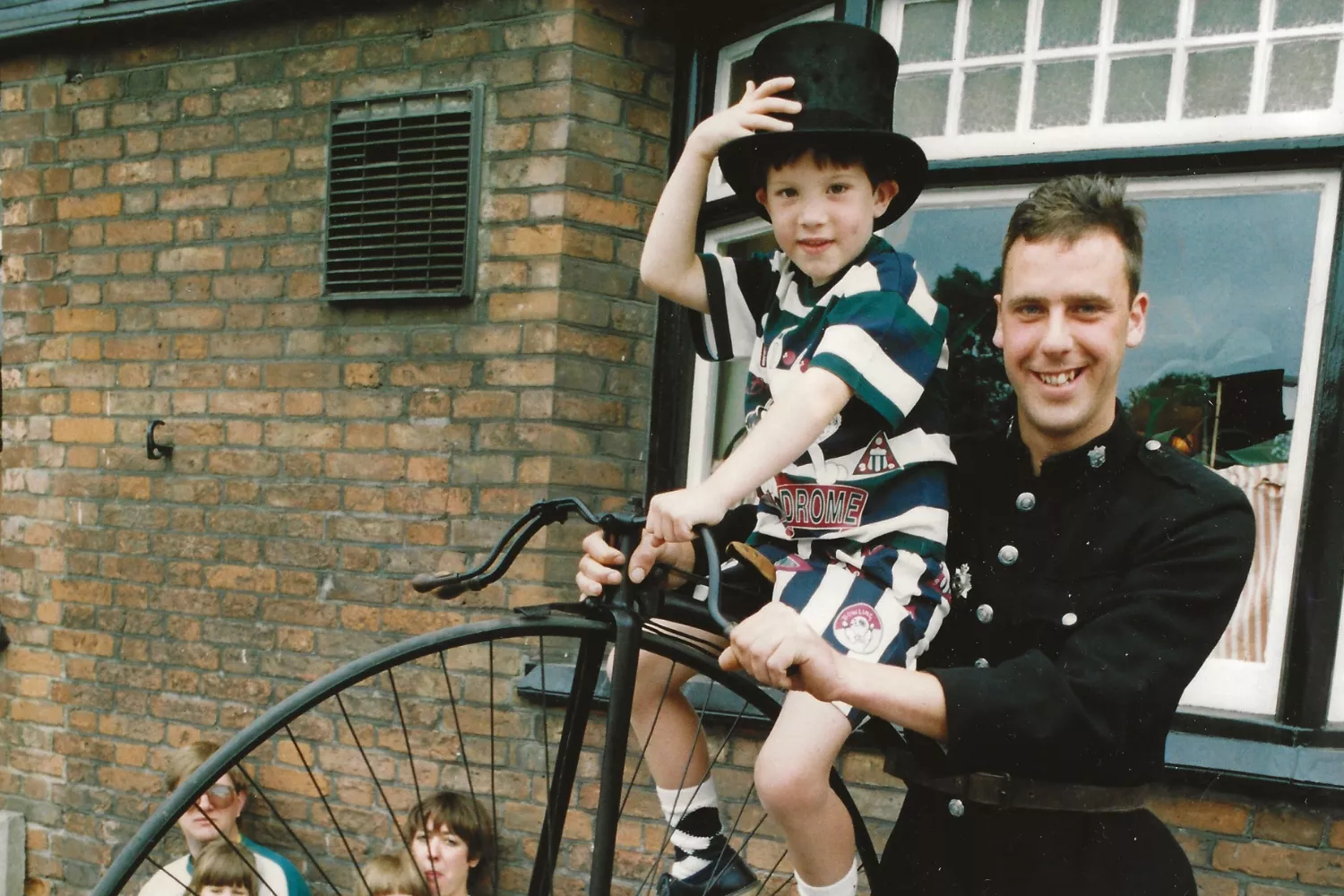The two D's - death and divorce with Octopus Legacy
You’ve decided you want to separate from your ex-partner, and you’re going through the divorce process. Alongside divorce, there’s another ‘d’ word to consider – what do you want to happen to your assets when you die?
Though this may feel like thinking ahead, whenever a major event happens in your life, such as having a child, buying a property, or getting a divorce, you ought to update your will – or write a will, if you didn’t have one in place already.
Following a separation or divorce, lots of people assume that the will from before you were married comes back into effect, but this isn’t the case. Your most up-to-date signed will is technically still valid – but it is unlikely that it will match your wishes anymore, so it’s important to update it accordingly to ensure you still have a say in your legacy.
If I’m divorced, what happens if my ex-spouse was a beneficiary of my will?
Following a divorce, your will is technically still valid.
However, from a legal perspective, your ex-spouse is treated as if they are 'pre-deceased' – this means that they are treated within the will as if they died on the day the marriage officially ended. So whatever you left to your ex-spouse in your will goes to the appointed backup beneficiaries. If there are no backup beneficiaries, whatever you left to your ex-spouse is distributed using the rules of intestacy, where the law essentially decides who gets what, and how much they get. This can mean some of your nearest and dearest could miss out.
In this scenario, it’s best to rewrite your will to make sure it is up-to-date with your wishes post-divorce.
If I’m divorced, what happens if my ex-spouse was the executor of my will?
When you divorce someone, your will is technically still valid.
But, from a legal perspective, your ex-spouse is treated within the will as if they died on the day the marriage officially ended. Unless you specified in the will that your ex-spouse can continue in their role as executor following a divorce, it means that your ex-spouse’s role as executor is essentially revoked.
If your ex-spouse was the sole executor, but you appointed a backup executor (or executors), the backup(s) automatically take on this role.
If you appointed a shared executor alongside your ex-spouse, they take on this role, as sole executor.
If your ex-spouse was the sole executor, and there were no backup executors, the role of executor is split equally between the will’s beneficiaries. So if there were three beneficiaries, the role of the executor would be split three ways – which can lead to lots of complications.
In this scenario, it’s best to rewrite your will and appoint a new executor, or executors. We recommend updating a will so it’s up-to-date with your wishes.
If I’m separated from my ex-spouse, but not divorced, what happens to my will?
If you’re separated from your ex-spouse, but not divorced, your will stays exactly the same.
This means if something were to happen to you, the partner you’ve separated from would still inherit from your estate. If you had a blended family with your ex-spouse and your step-children were included in your will, they would still inherit from your estate.
Once you start the separation or divorce process, it’s still a good idea to rewrite your will before the process is finalised, so you can ensure your assets would go exactly the way you want, if the worst-case scenario were to happen.
If I’m divorced, what happens to my children in my will?
If you’re divorced, it’s important to make provisions for any children you have who are aged 18 or under.
This means appointing a guardian for them, in case of your death. Both parents should ensure there's someone ready to take care of their children if needed – you can do this in your will. Typically, a guardian won't step in if the other parent is still alive, but there are situations after a divorce where this might change. So, it's a good idea to update your will to include your chosen guardian(s).
Should I rewrite my will?
Whether you’re in the process of a divorce or post-divorce, if you wrote a will during your marriage, it’s highly recommended that you update your will.
The easiest way to figure out whether you need to rewrite your will is to read your old will. If there are wishes you’d no longer feel comfortable or want to be actioned, this is a sign your will needs updating.
Furthermore, if your ex-spouse took on important roles such as executor, or trustee, it’s important to rewrite your will and reassign these roles.
What if I don’t have a will?
Writing a will isn’t for you – you’ll never use it. It’s for the people you love. Writing a will while you’re still here saves the people who matter most to you time, stress and money when you’re gone. It’s important to write a will to ensure that your wishes are followed once you’ve died, and the people you love are protected.
Get 50% off an online will with Octopus Legacy with code AMICABLE50 – get started here.
Read More
.webp)
In this episode, Kate was joined by the Founder and Managing Director of NameSwitch, Cécile Mazuet-Eller, to discuss navigating name changes in relationships, separation, and divorce.
-5.webp)
Divorce can be an emotional rollercoaster, and selling a property can add another layer of complexity. However, with the right information and support, you can navigate this challenge successfully.
.webp)
Whilst a separation can represent positive change and a time for personal growth, it is also recognised as one of the most challenging life events you can experience.

Start your amicable divorce journey
Speak to an amicable Divorce Specialist to understand your options and next steps for untying the knot, amicably.
Your guide to a kinder divorce
What if divorce didn’t have to be a battle?
In amicable divorce, Kate Daly offers compassionate, practical guidance to help you separate in a kinder, better way. Whether you’re just beginning, working through the practicalities or adjusting to co-parenting, this book meets you exactly where you are - and helps you move forward with confidence.
Pre-order on Amazon today






Comments (0)